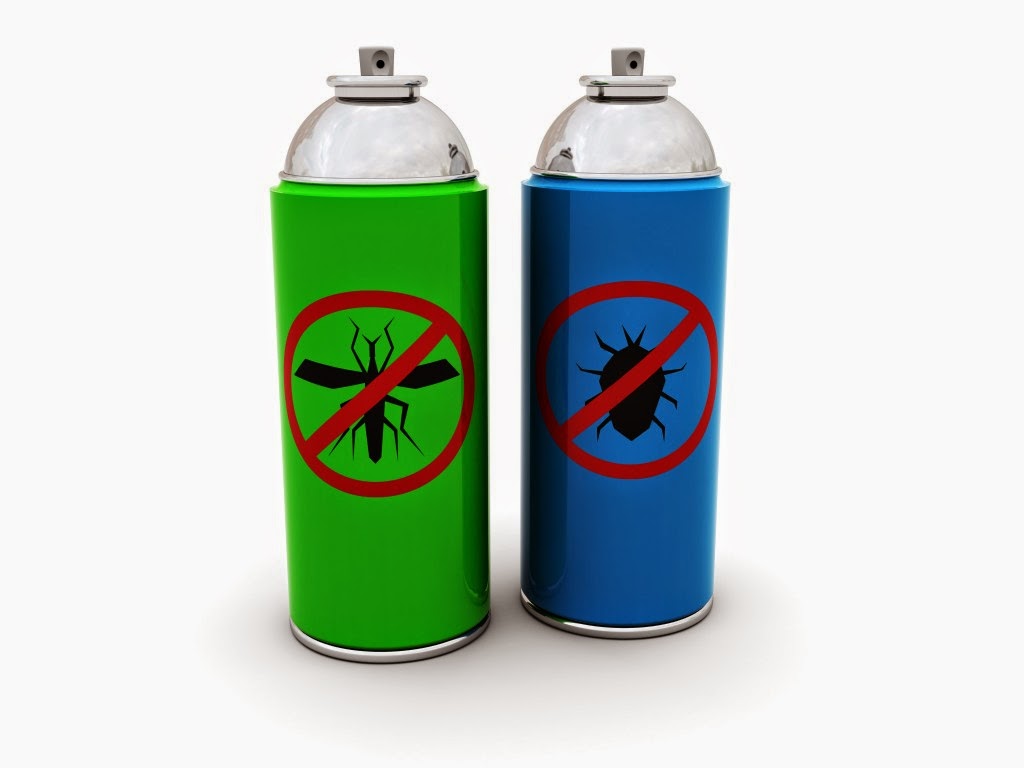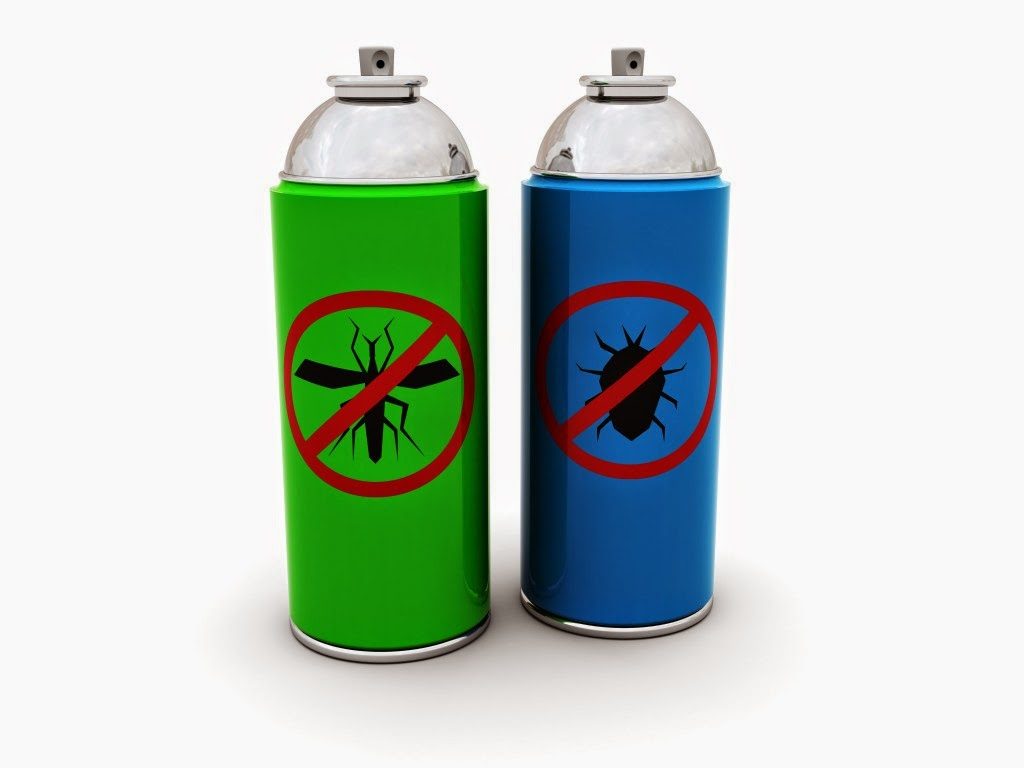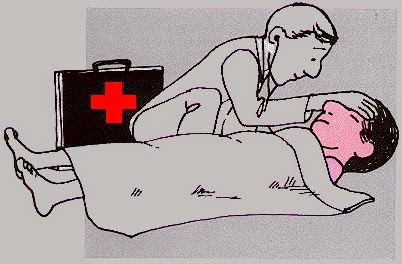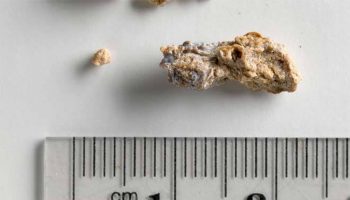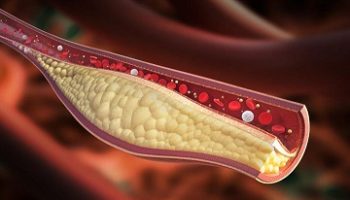INSECTICIDES: DEATH IN A CAN
I was in Lag last month and people who live in Lagos know the nature of mosquitoes that exist in that place; immune resistant, obstinate things. SoI sprayed insecticides in my room to see if I can get some sleep. Unfortunately for me, the room was not properly ventilated before I had to go in and I felt like hell!. My entire oesophagus felt eroded and I kept coughing and sneezing. That was when I thought of this article anyway. So, here are the effects; both long and short, of repeated and prolonged exposure to insecticides and pesticides (for farmers).
Definition of Pesticide and Insecticides
*Pesticides are a category of chemicals that are used to kill or control insects, weeds, fungi, rodents and microbes (Calvert et. al 2004).
*Pesticides come in various forms, including sprays, liquids, powders, granules, baits and foggers–total release aerosols (NYS Department of Health).
Acute Oral Effects —
Your mouth, throat, and stomach can be burned severely by some pesticides. Other pesticides that you swallow will not burn your digestive system but will be absorbed and carried in your blood throughout your body and may cause harm in various ways. For some pesticides, swallowing even a few drops from a splash or wiping your mouth with a contaminated glove can make you very ill or make it difficult to eat and drink.
Acute Inhalation Effects —
Your entire respiratory system can be burned by some pesticides, making it difficult to breathe. Other pesticides that you may inhale may not harm your respiratory system but are carried quickly in your blood throughout your whole body where they can harm you.
Acute dermal effects–
Contact with some pesticides will harm your skin. These pesticides may cause your skin to itch, blister, crack, or change color. Other pesticides can pass through your skin and eyes and get into your body. Once inside your body, these pesticides are carried throughout your system where they can harm you.
Acute eye effects —
Some pesticides that get into your eyes can cause temporary or permanent blindness or severe irritation. Otherpesticides may not irritate your eyes but pass through your eyes and into your body. These pesticides can travel throughout your body, harming you.
Delayed Effects
Delayed effects are illnesses or injuries that do not appear immediately (within 24 hours) after exposure to an insecticide or combination of insecticides. Often the term “chronic effects” is used to describe delayed effects, but this term is applicable only to certain types of delayed effects.
Delayed effects may be caused by:
Repeated exposures to a pesticide:
A insecticide group, or a combination of insecticides over a long period of time, OR a single exposure to an insecticide (or combination of insecticides) that causes a harmful reaction that does not become apparent until much later. Sometimes repeated exposures to a pesticide/insecticid or family of pesticides will result in a delayed effect but a larger exposure will cause an acute effect. A person who is repeatedly exposed to two or more specific chemicals may become ill even though any one of the chemicals alone would have had no harmful health impact. In some cases, a single exposure to a pesticide (or combination of pesticides) could adversely affect the exposed person’s health later. For example, large exposures to herbicide paraquat may cause severe or fatal lung injury that does not appear for 3 to 14 days after the initial exposure. After an exposure, paraquat slowly builds up in the lungs and destroys lung cells. Some kinds of harmful effects may not occur unless a certain set of circumstances is present. These effects can occur after the first exposure, but the likelihood is small. Continuous or frequent exposures over a long period of time make it more likely that all the necessary factors will be present. Some genetic changes that result in the development of cancer or other delayed effects are in this category.
Some long-term health effects of pesticides
Damage to the lungs:
People exposed to insecticides may get a cough that never goes away, or have a tight feeling in the chest. These can be signs of bronchitis, asthma, or other lung diseases. Damage done over time to the lungs may lead to lung cancer. If you have any signs of lung damage, do not smoke cigarettes! Smoking makes lung disease worse.
Cancer:
People exposed to pesticides have a higher chance of getting cancer than other people. This does not mean you will get cancer if you work with pesticides. But it means that working with pesticides gives you a higher risk of getting the disease.
Hundreds of pesticides and insecticide ingredients are known or believed to cause cancer. Many more have not yet been studied. The most common cancers caused by pesticides are blood cancer (leukemia), non-Hodgkins lymphoma, and brain cancer.
Damage to the liver:
The liver helps clean the blood and get rid of poisons. Because insecticides are very strong poisons, the liver sometimes cannot get rid of them. Severe liver damage can happen after a serious poisoning or after working with pesticides for many months or years.
Toxic hepatitis:
It is a liver disease people get from being exposed to pesticides. Toxic hepatitis can cause nausea, vomiting and fever, yellowing of the skin, and can destroy your liver.
Damage to the nervous system:
Insecticides damage the brain and the nerves. Long-term exposure to pesticides can cause loss of memory, anxiety, mood changes, and trouble concentrating.
Damage to the immune system:
Some insecticides weaken the immune system, which protects the body from disease. When the immune system is weak from poor nutrition, pesticides, or from illnesses like HIV, it is easier to get allergies and infections and it is harder to heal from ordinary illnesses.
Some effects of pesticides on reproductive health are:
Sterility:
Many male farm workers around the world have become unable to have children after they worked with certain pesticides because they can no longer make sperm.
When a pregnant woman is exposed to pesticides and insecticides on a long term, the baby inside her is also exposed and can be damaged. Being exposed to pesticides when pregnant does not always mean the baby will have birth defects. But the baby will have a higher risk of havingbirth defects, learning difficulties, allergies, and other health problems.
Note:
Even if a woman is exposed to pesticides before she is pregnant, she can have a miscarriage or the baby may be born dead because of the exposure.
Damage to hormone-producing glands:
Hormones control many of our body activities, such as growth and reproduction. When insecticides and pesticides damage the glands that produce hormones, this can cause problems with childbirth and reproduction.
First Aid for some Contacts of Insecticides and Pesticides
First aid for Pesticides on Skin:
1.) Drench skin and clothing with plenty of water. Any source of relatively clean water will work. If possible, immerse the person in a pond, creek, or other body of water. Even water in ditches or irrigation systems will do, unless you think they may have pesticides in them.
2.) Remove personal protective equipment or contaminated clothing. Wash skin and hair thoroughly with a mild liquid detergent and water. If one is available, a shower is the best way to completely and thoroughly wash and rinse the entire body surface.
3.) Dry victim and wrap in blanket or any clean clothing at hand. Do not allow to become chilled or overheated. If skin is burned or otherwise injured, cover immediately with loose, clean, dry, soft cloth or bandage.
4.) Do not apply ointments, greases, powders, or other drugs in first aid treatment of burns or injured skin.
First aid for Insecticide in eye:
Wash eye quickly but gently. Use an eyewash dispenser, if available. Otherwise, hold eyelid open and wash with a gentle drip of clean running water positioned so that it flows across the eye rather than directly into the eye. Rinse eye for 15 minutes or more. Do not use chemicals or drugs in the rinse water. They may increase the injury.
First aid for Inhaled pesticides and Insecticides:
Get victim to fresh air immediately. If other people are in or near the area, warn them of the danger
Get medical help right away. Do NOT make a person throw up unless told to do so by poison control or a health care professional. If the chemical is on the skin or in the eyes, flush with lots of water for at least 15 minutes.
If the person breathed in the poison, immediately move him or her to fresh air.
Therefore, please be careful around pesticides and if you use insecticides (a necessary weapon for most Nigerians), make sure the room is well ventilated and aerated before it is used especially by children and pregnant women.
Play Safe.
Tags :
Definition of Insecticides and PesticidesFirst Aid for Various Exposures to Insecticides and Pesticides.Long and Short Term Effects of Insecticide and Pesticide Exposure
previous article
FOOD FOR YOUR KIDNEYS
next article
STAY AWAKE TO STAY ALIVE
The author Prince
Hi, I’m Prince.. a registered Dietitian, an avid reader and a passionate writer. I hope you enjoy my articles as much as I enjoy writing them

